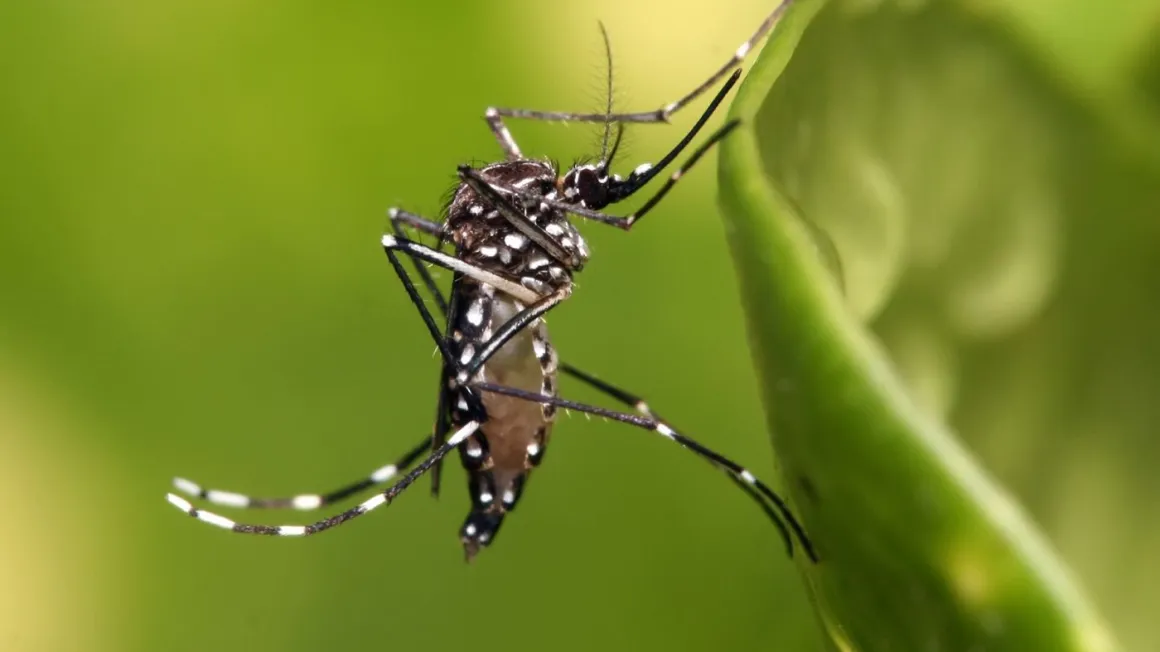Malaria is a serious illness that can be fatal if not treated in time. It is caused by parasites that are transmitted through the bites of infected female Anopheles mosquitoes. According to the World Health Organization, in 2019, there were an estimated 229 million cases of malaria worldwide, with approximately 409,000 deaths. While the primary treatments for malaria currently involve drugs such as chloroquine and artemisinin-based combination therapies, there is growing interest in exploring alternative treatments, including cannabis.
Studies have shown that cannabis may have antimalarial properties, making it a potential treatment and preventative measure. For instance, researchers have found that the compound cannabidiol (CBD) is effective in killing the Plasmodium falciparum parasite, responsible for the most deadly form of malaria. In addition, CBD enhances the effectiveness of artemisinin, a common malaria drug. This suggests that a combination of CBD and artemisinin could potentially form a powerful antimalarial treatment.
Another study found that low doses of tetrahydrocannabinol (THC), the psychoactive compound in cannabis, reduced susceptibility to malaria infection in mice. The researchers suggested that THC may work by suppressing the immune system's response to the parasite. However, more research is needed to fully understand the potential of THC in preventing and treating malaria.
Interestingly, the use of cannabis in treating malaria dates back centuries, with historical applications in Chinese and Indian medicine. For example, in traditional Chinese medicine, cannabis was used to treat fever, which is a common symptom of malaria. Similarly, in Ayurvedic medicine, a traditional system of medicine in India, cannabis was used to treat various diseases, including malaria. While these historical uses of cannabis are intriguing, more research is needed to determine its efficacy in treating malaria.
In conclusion, cannabis has shown potential as a treatment and preventative measure for malaria, with both CBD and THC exhibiting antimalarial properties. However, more research is necessary to determine its efficacy and safety. Nonetheless, the findings provide hope for alternative treatments and preventative measures, especially in light of the increasing prevalence of drug-resistant strains of malaria. It is also important to note that while cannabis has historical applications in treating malaria, modern research must be conducted to understand its potential in contemporary medicine.

